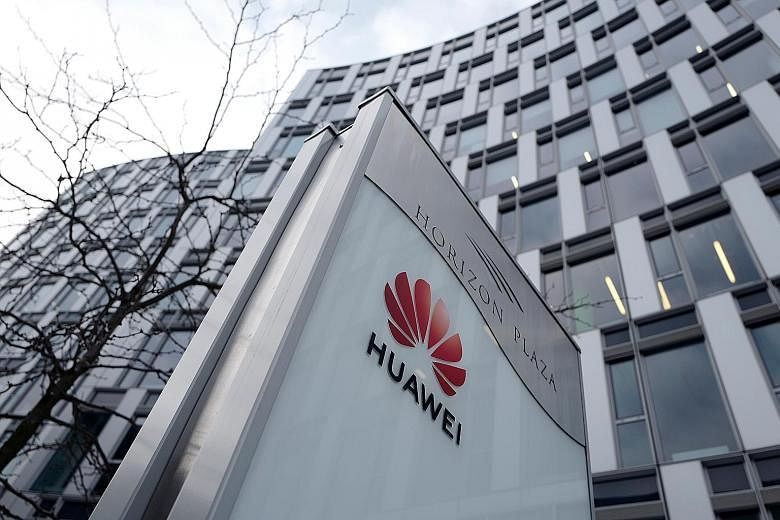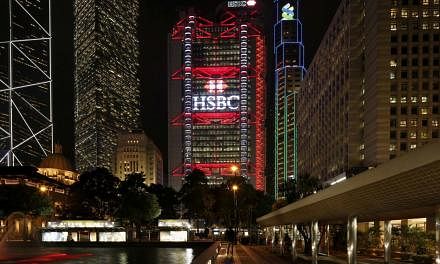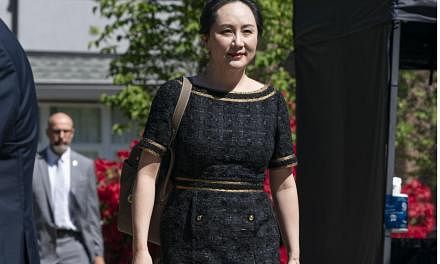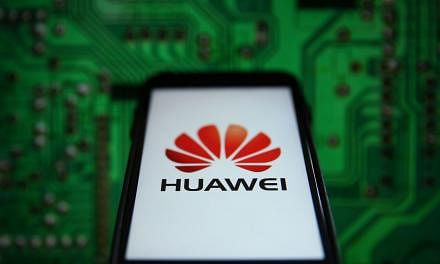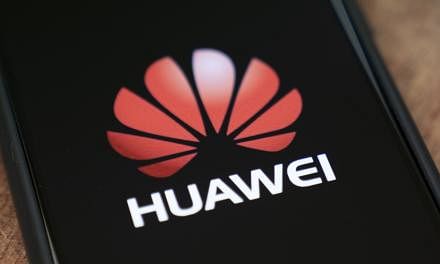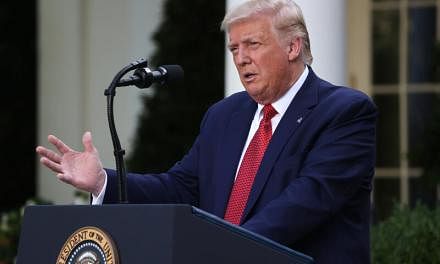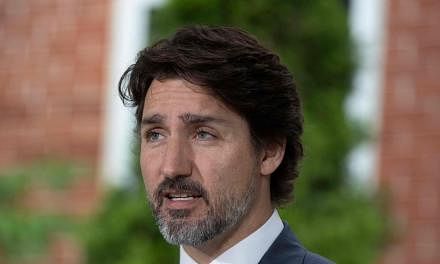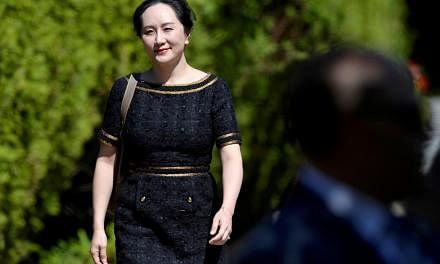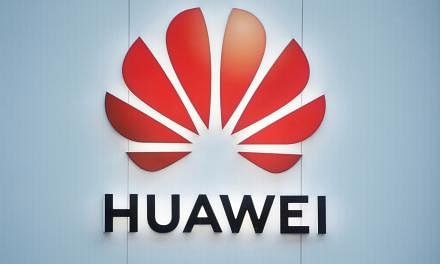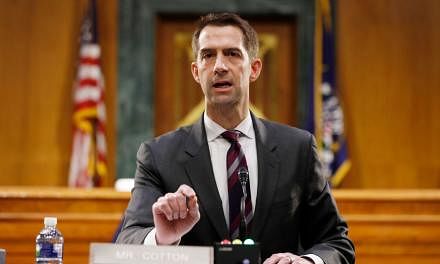BRUSSELS/WARSAW • The European Union is considering proposals that would effectively amount to a de facto ban on Huawei Technologies equipment for next-generation mobile networks, four senior EU officials said, adding to mounting pressure on the world's largest maker of telecommunications gear.
While efforts by the EU's executive arm are still at the very early stages and could prove complicated to implement, the move marks a shift in the EU's stance amid growing security concerns in the West about China.
A move to exclude Chinese firms such as Huawei would likely be welcomed by the United States, which has been trying to prevent American firms from buying Huawei infrastructure equipment and has been pressing allies to do the same. US security experts are concerned the gear could be used by China's government for espionage - a concern Huawei calls "unfounded".
According to the four EU officials, one option being considered by the European Commission is to amend a 2016 cyber-security law, which requires businesses involved in critical infrastructure to take appropriate security measures.
By amending the definition of critical infrastructure to also include so-called fifth-generation mobile networks, the law would effectively prevent EU businesses from using such equipment provided by any country or company suspected of using the equipment for spying or sabotage, the officials said. Other changes could also be required or made, such as changes to procurement rules, the officials added.
The officials stressed that any changes were not about one company only and were prompted by broader national security concerns regarding China.
A Huawei spokesman said "Huawei is open and committed to work with European institutions to develop a cyber-security standard for Europe" and added that the company's opening of a new cyber-security centre in Brussels in March underlines its commitment to Europe.
"Huawei has a clean track record on cyber security," the spokesman said. Huawei has denied accusations of spying and sabotage.
Beijing also denies any intention to spy on the West. China's Ambassador to the EU, Mr Zhang Ming, took a similar message to a private meeting at the Commission with EU tech commissioner Andrus Ansip on Tuesday, arguing that Huawei should not be blocked from 5G auctions in Europe, one of the four officials said.
European telecoms companies are preparing for the 5G technology that promises to link up everything from vehicles to factories at far greater speeds.
The tougher stance reflects growing security concerns in the West about Huawei. Some Western countries, including the US and Australia, have restricted Huawei from accessing next-generation mobile networks and Germany is considering whether to do so.
If such measures were introduced by the EU, it could prove a setback for European efforts to stay competitive in 5G because it would likely lead to delays and extra costs in building networks.
Deutsche Telekom, Europe's largest telecoms operator, on Wednesday proposed a series of steps to ensure that Chinese vendors could take part in building Germany's 5G mobile networks without jeopardising national security.
Changing EU law is not straightforward and such an amendment would need to win approval from EU capitals. Even with that approval, it could be a year or more before a change to the law was made.
Still, the Commission hopes that the process of changing the law would have a chilling effect on business conducted by European countries with Chinese telecoms equipment makers, according to one of the EU officials.
Chinese Premier Li Keqiang is also expected to raise objections to any EU "ban" on Chinese equipment with European Commission President Jean-Claude Juncker and European Council President Donald Tusk at an annual summit in Brussels, which has been brought forward to April 9 at Beijing's request. EU-China summits usually take place in July.
But the EU has also insisted that Mr Li meet Mr Juncker and Mr Tusk in Brussels before he meets central and eastern European leaders in a separate summit later in April.
REUTERS
